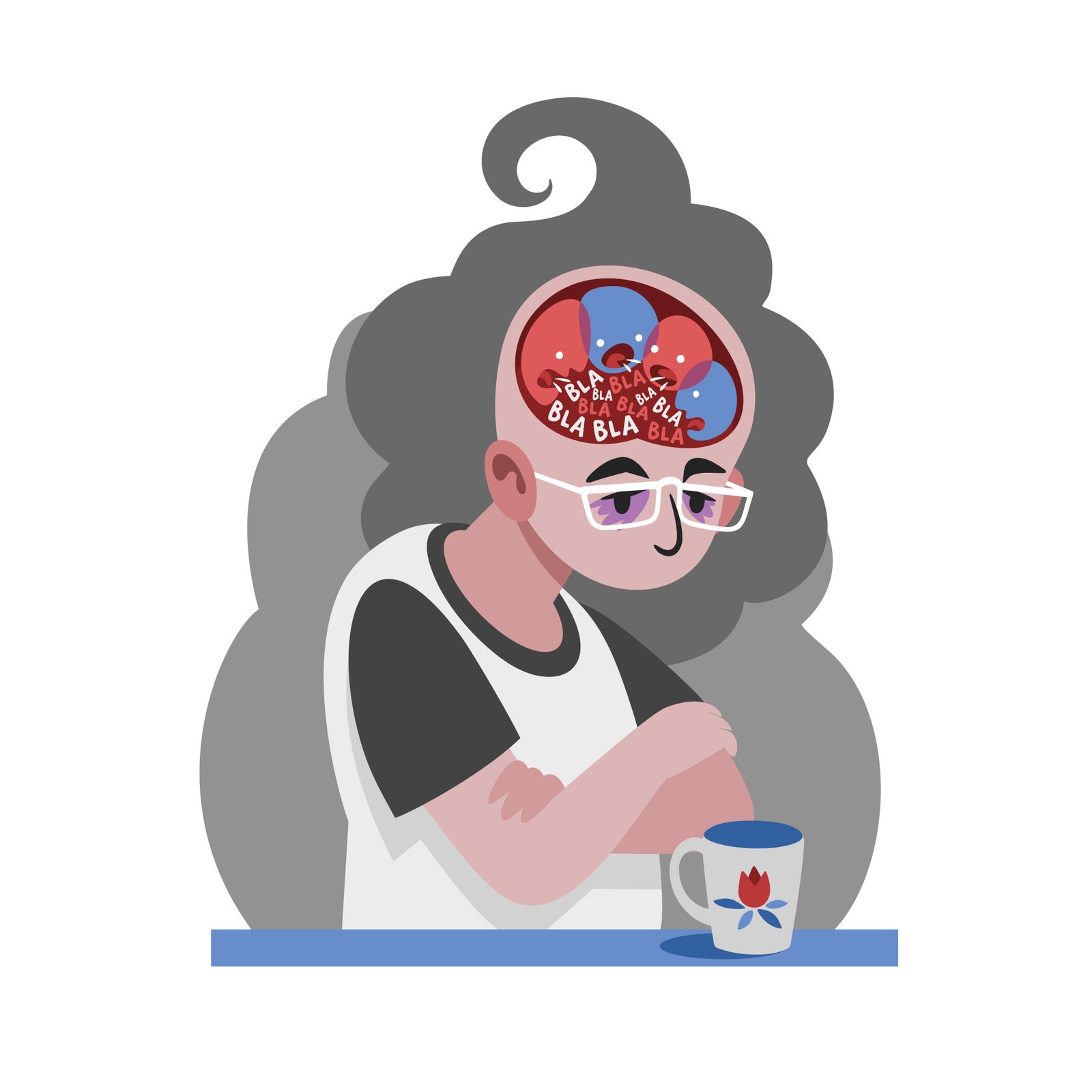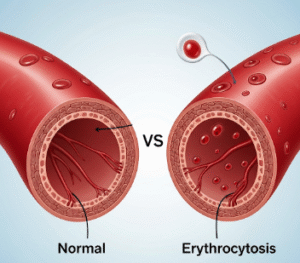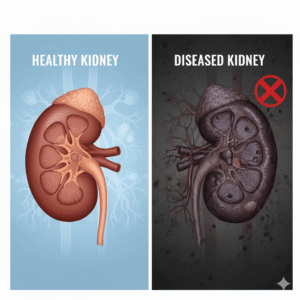Overview
Synthetically induced psychosis is a mental health disorder triggered by the use of synthetic substances such as synthetic cannabinoids (spice, K2), synthetic cathinones (bath salts), or other designer drugs. These substances can cause acute psychotic symptoms, including hallucinations, delusions, and disorganized thinking, sometimes leading to dangerous behavior or long-term psychiatric conditions.
What is Synthetically Induced Psychosis?
This condition refers to psychosis—loss of contact with reality—that arises after the intake of synthetic psychoactive substances. Unlike classic psychosis, which may be linked to schizophrenia or bipolar disorder, synthetically induced psychosis is directly caused by the neurotoxic effects of these man-made chemicals, often more severe and unpredictable.
Symptoms
- Hallucinations (seeing or hearing things that aren’t there)
- Delusions (false beliefs)
- Paranoia and suspiciousness
- Agitation and aggression
- Disorganized speech and behavior
- Severe anxiety or panic attacks
- Confusion and memory disturbances
- Suicidal or violent tendencies in extreme cases
Causes
- Consumption of synthetic cannabinoids, cathinones, or other designer drugs
- High doses or repeated use increasing neurotoxicity
- Mixing with other substances like alcohol or prescription medications
Risk Factors
- Young adults and adolescents experimenting with synthetic drugs
- History of substance abuse or mental illness
- Lack of awareness about the dangers of synthetic substances
- Social or environmental stressors
Complications
- Prolonged psychotic episodes requiring hospitalization
- Increased risk of accidents, injuries, or violence
- Development of chronic psychiatric disorders
- Legal and social consequences related to drug use
- Physical health issues from toxic substance exposure
Prevention
- Public education on risks of synthetic drugs
- Early intervention and counseling for at-risk individuals
- Strict regulation and law enforcement against synthetic drug distribution
- Support programs for substance abuse prevention
Treatment Options in Korea
Korea provides specialized psychiatric care and addiction treatment for synthetically induced psychosis:
- Emergency Psychiatric Care
- Immediate stabilization in psychiatric wards
- Use of antipsychotic medications to control symptoms
- Supportive care for physical and psychological health
- Medication
- Antipsychotics (e.g., risperidone, olanzapine) to manage psychosis
- Benzodiazepines for anxiety or agitation
- Medications to treat withdrawal symptoms
- Psychotherapy and Rehabilitation
- Cognitive-behavioral therapy (CBT) to address substance abuse and psychosis triggers
- Group therapy and family support programs
- Social reintegration and vocational rehabilitation
- Addiction Treatment Centers
- Specialized clinics and hospitals such as Seoul National University Hospital Psychiatry Department and Samsung Medical Center offer integrated care for substance-induced disorders
- Legal and Social Support
- Collaboration with law enforcement and social services to support recovery and prevent relapse













